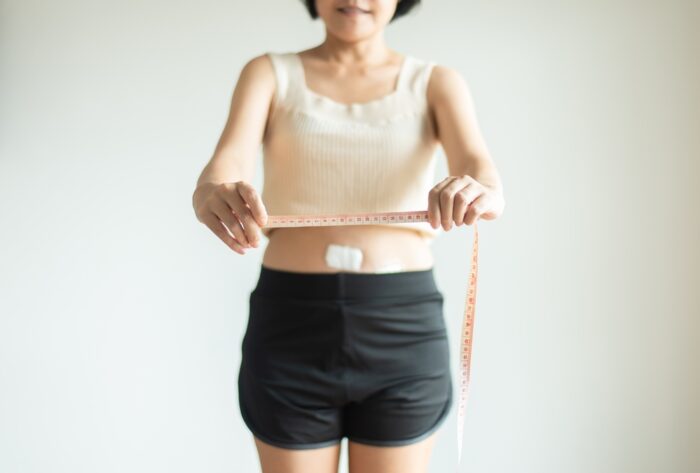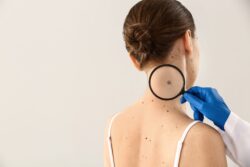The Best Way to Recover from Gallbladder Surgery
Going through surgery is not something that many people look forward to. But sometimes it’s necessary. This includes gallbladder surgeries, in which more than 1.2 million people get removed every year. This type of surgery can be performed open or laparoscopic, depending on the complexity of your condition.

Dr. Moore will choose the more appropriate option for your circumstances, but no matter the method, recovery time is to be expected. To ensure the success of the procedure, you need to learn how to effectively take care of yourself. This article will present a couple of tips on how to do so.
What to Expect After Gallbladder Surgery?
After surgery, it can take several weeks for you to recover. After laparoscopic surgery, it takes about one to two weeks until you are back on your feet, whereas open surgery needs around four to six weeks of recovery. Laparoscopic surgery is a more complex procedure to remove your gallbladder, but it has the advantage of a shorter recovery time.
During these weeks, you may expect to see a few side effects, the most common being bruising and swelling in the incision area. Discomfort is normal, but it should be manageable with over-the-counter (OTC) pain medicine. Nausea can also occur as the anesthesia wears off but should subside within a few days. You can expect to have some bloating and gas after the procedure because your body is recovering and getting used to functioning without a gallbladder.
Tips for Recovering After Gallbladder Surgery
Gallbladder surgery recovery can be tricky if you don’t follow some safety tips, so here is what you should do:
1. Set Up Support
The first few days after gallbladder surgery are going to be quite difficult. You shouldn’t move around too much, lest you want to open your stitches. You could also be in pain. There’s no telling how you are going to feel, which is why it is a good idea to plan for recovery support. This way, you won’t push yourself too soon.
2. Use Ice Packs
To reduce swelling and bruising in the first few days, you should consider using ice packs or cold compresses. Place them on your belly once every one to two hours and leave them on for about 10 to 15 minutes. This should keep the swelling low and reduce bruising and pain after surgery.
3. Wear Loose Clothing
Unless complications occur during the surgery, wearing compression garments after gallbladder surgery is not recommended. In fact, you should try to wear loose items instead. Not only will this keep you comfortable, but it will also allow your wound to breathe, enhancing its recovery.

4. Avoid Intensive Exercising
Resting is highly recommended after gallbladder surgery, which is why you should lay off your exercise routine for a couple of weeks. Avoid lifting items that can make you strain for a few weeks, as this can prolong your recovery. This includes heavy briefcases or children.
5. Get Some Movement
While intensive exercise should be avoided, make sure to get some light movement every day after your gallbladder surgery. For example, walking is usually a great, low-impact option. A little movement goes a long way to speed up your recovery, even if it’s just getting up to make yourself a cup of tea.
The Bottom Line
Recovery after gallbladder surgery can come with a series of side effects that you may find uncomfortable. Learning to take care of yourself in its aftermath is crucial, and Dr. Moore is here to help give you some tips for success! Set up an appointment with Dr. Moore and see what the recovery process involves.
For more information about gallbladder surgery and how to handle recovery, please contact Dr. Patrick Moore at 951-477-5700. He would be more than happy to offer you the information you need to maximize your results.




